Young adults are in a mental health crisis. Why is little being done?
The kids are, in fact, not at all alright.

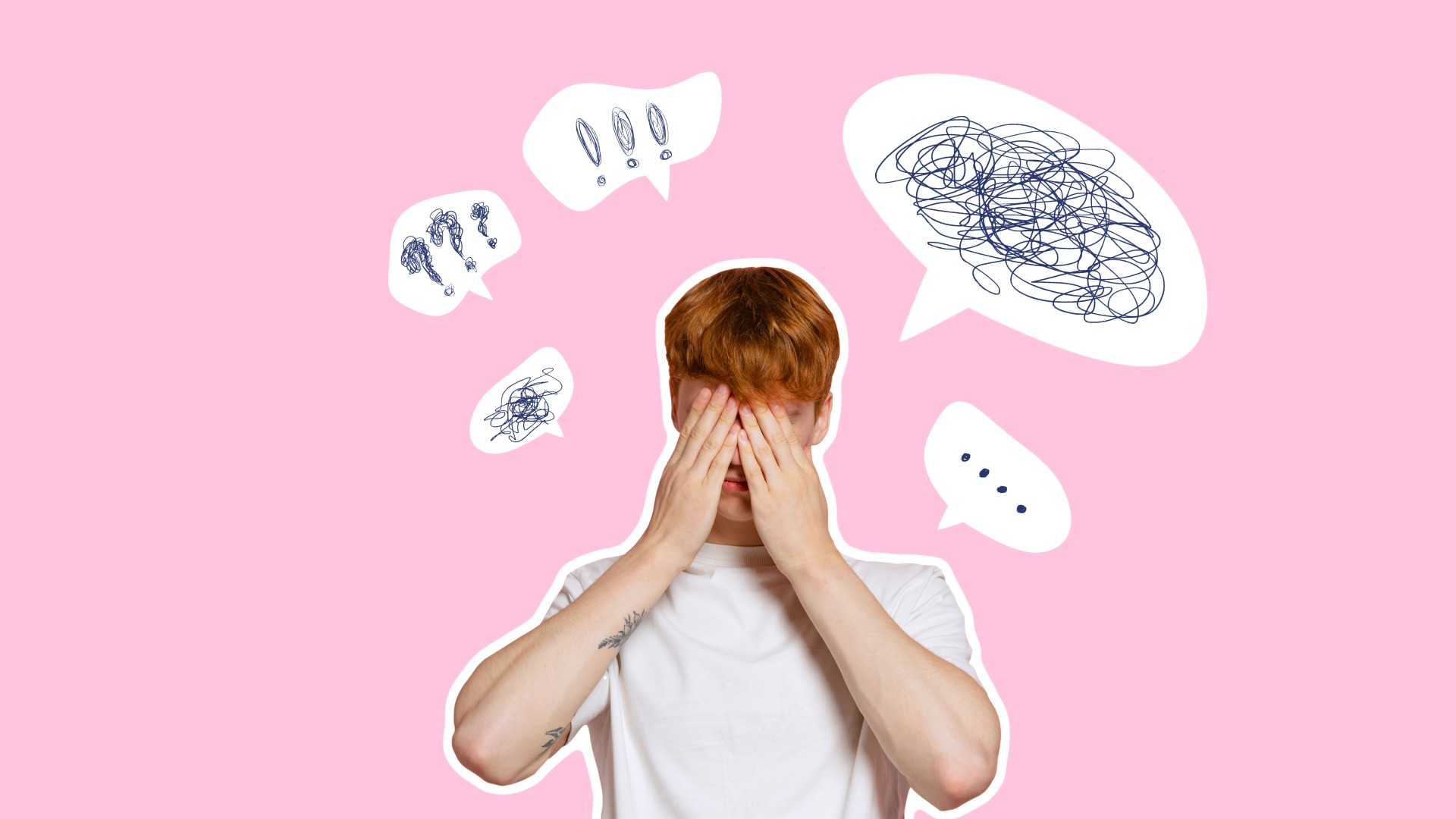
A free daily email with the biggest news stories of the day – and the best features from TheWeek.com
You are now subscribed
Your newsletter sign-up was successful
America has put a particular emphasis since the pandemic on addressing an ongoing mental health and loneliness crisis, particularly among teens. While it was warranted to worry about teens, another group's struggles with depression and anxiety are essentially going unnoticed. Many young adults in the United States find the transition into adulthood daunting, as they anxiously search for a sense of purpose. And many of them are doing the transition alone.
'Young adults are more vulnerable than ever'
Young adulthood could be "a time of great growth and possibility." Still, many young adults say they feel "on edge, lonely, directionless and that they worry about financial security," said Richard Weissbourd, the faculty director of Making Caring Common, a Harvard Graduate School of Education project.
His 2023 study found that 36% of people aged 18 to 25 reported experiencing anxiety, and 29% reported experiencing depression, about twice as many as compared to 14-to-17-year-olds on both questions. "Many are 'achieving to achieve' and find little meaning in either school or work," Weissbourd said. Nearly 60% of the cohort reported lacking "meaning or purpose" in their lives during the previous month, while half of them said their mental health was negatively influenced by "not knowing what to do with my life."
The Week
Escape your echo chamber. Get the facts behind the news, plus analysis from multiple perspectives.

Sign up for The Week's Free Newsletters
From our morning news briefing to a weekly Good News Newsletter, get the best of The Week delivered directly to your inbox.
From our morning news briefing to a weekly Good News Newsletter, get the best of The Week delivered directly to your inbox.
Generation Z's young adults have had a rough, hard launch into adulthood. Many of them "launched a career or entered college amid a pandemic and turbulent economy," and now they are facing "high housing prices, a lack of connection in the workplace, world disasters, misinformation exacerbated by social media and an epidemic of loneliness across generations," said The Washington Post.
"Young adults are more vulnerable than ever," The Atlantic said, "but much of American society doesn't see them that way." Other surveys of young adults "have similarly alarming findings" as the Harvard study results. In 2020, the CDC found that depression was most prevalent among 18-to-24-year-olds and least prevalent among those 65 or older. A Gallup poll found that loneliness was at its highest at ages 18 to 29. "Still, the struggles of young adults have gone widely unnoticed," The Atlantic added. When Weissbourd received the study's data, "it was really upsetting," he told the outlet. "What is going on here? And why aren't we talking about it more?"
'Less attention and fewer resources'
Since the pandemic, the mental health of young adults "hasn't been on our public radar in the way that teens' mental health has," said Milena Batanova, Making Caring Count's director of research and evaluation and a co-author of the report. Many young adults are tackling the unique challenges they face "with fewer resources for support than younger teens, who have multiple daily contacts with parents, caregivers, teachers and mentors in their schools," the Washington Post said.
Overall, the "20-somethings have received less attention and fewer resources." There is a lot more that needs to be done to "support young adults' mental health and devote more resources to prevention," said Kiran Bhai, MCC's schools and parenting programs director, including "reducing the stressors that young people are facing and helping them develop the skills they need to thrive."
A free daily email with the biggest news stories of the day – and the best features from TheWeek.com
Older adults "need to acknowledge this crisis," Faith Hill said in The Atlantic. Recognizing young people as "worthy of empathy means understanding today's challenges." It may also mean "recalling one's own youth as it really was — and finding compassion for one's past self." It may be helpful to let young people know that even "flawed choices can lead to a life that, however imperfect, encompasses real moments of joy, accomplishment and self-knowledge." If society "romanticized that growth a little more and the golden glow of youth a little less, young adults might feel less alone in their distress," Hill added. "They might even look forward to finding out what's next."
Despite the alarming findings about young adults, there is a silver lining, MCC faculty director Weissbourd said. Teens and young adults may be "more psychologically aware and articulate than any generation in history, and more open about talking about emotional problems. For decades, people have suffered silently and terribly who have experienced depression and anxiety, and this is the generation that's talking about it."
Theara Coleman has worked as a staff writer at The Week since September 2022. She frequently writes about technology, education, literature and general news. She was previously a contributing writer and assistant editor at Honeysuckle Magazine, where she covered racial politics and cannabis industry news.
-
 How the FCC’s ‘equal time’ rule works
How the FCC’s ‘equal time’ rule worksIn the Spotlight The law is at the heart of the Colbert-CBS conflict
-
 What is the endgame in the DHS shutdown?
What is the endgame in the DHS shutdown?Today’s Big Question Democrats want to rein in ICE’s immigration crackdown
-
 ‘Poor time management isn’t just an inconvenience’
‘Poor time management isn’t just an inconvenience’Instant Opinion Opinion, comment and editorials of the day
-
 ‘Longevity fixation syndrome’: the allure of eternal youth
‘Longevity fixation syndrome’: the allure of eternal youthIn The Spotlight Obsession with beating biological clock identified as damaging new addiction
-
 RFK Jr. sets his sights on linking antidepressants to mass violence
RFK Jr. sets his sights on linking antidepressants to mass violenceThe Explainer The health secretary’s crusade to Make America Healthy Again has vital mental health medications on the agenda
-
 This flu season could be worse than usual
This flu season could be worse than usualIn the spotlight A new subvariant is infecting several countries
-
 The app tackling porn addiction
The app tackling porn addictionUnder the Radar Blending behavioural science with cutting-edge technology, Quittr is part of a growing abstinence movement among men focused on self-improvement
-
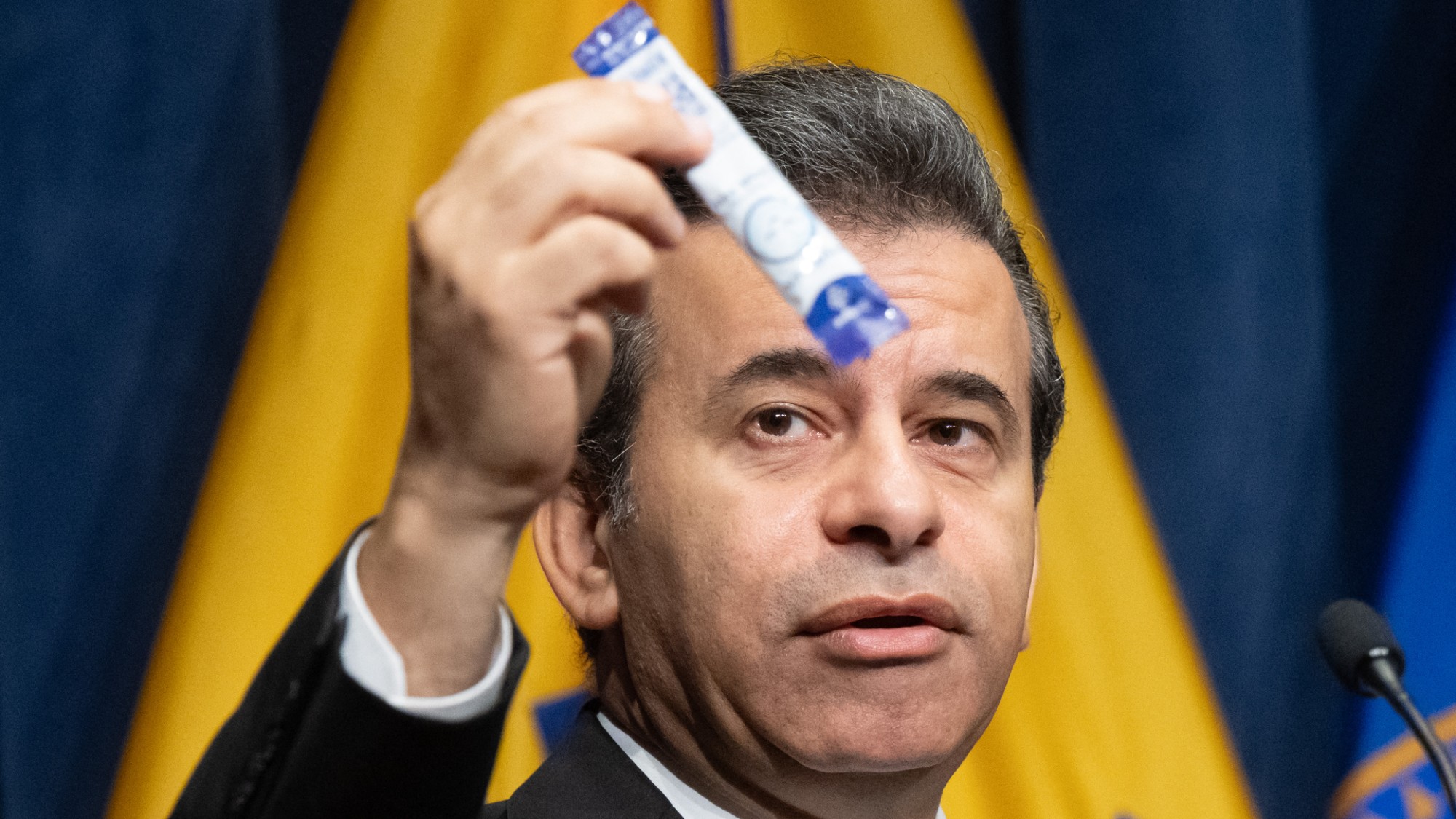 Why the FDA wants to restrict kratom-related products
Why the FDA wants to restrict kratom-related productsIn the Spotlight The compound is currently sold across the United States
-
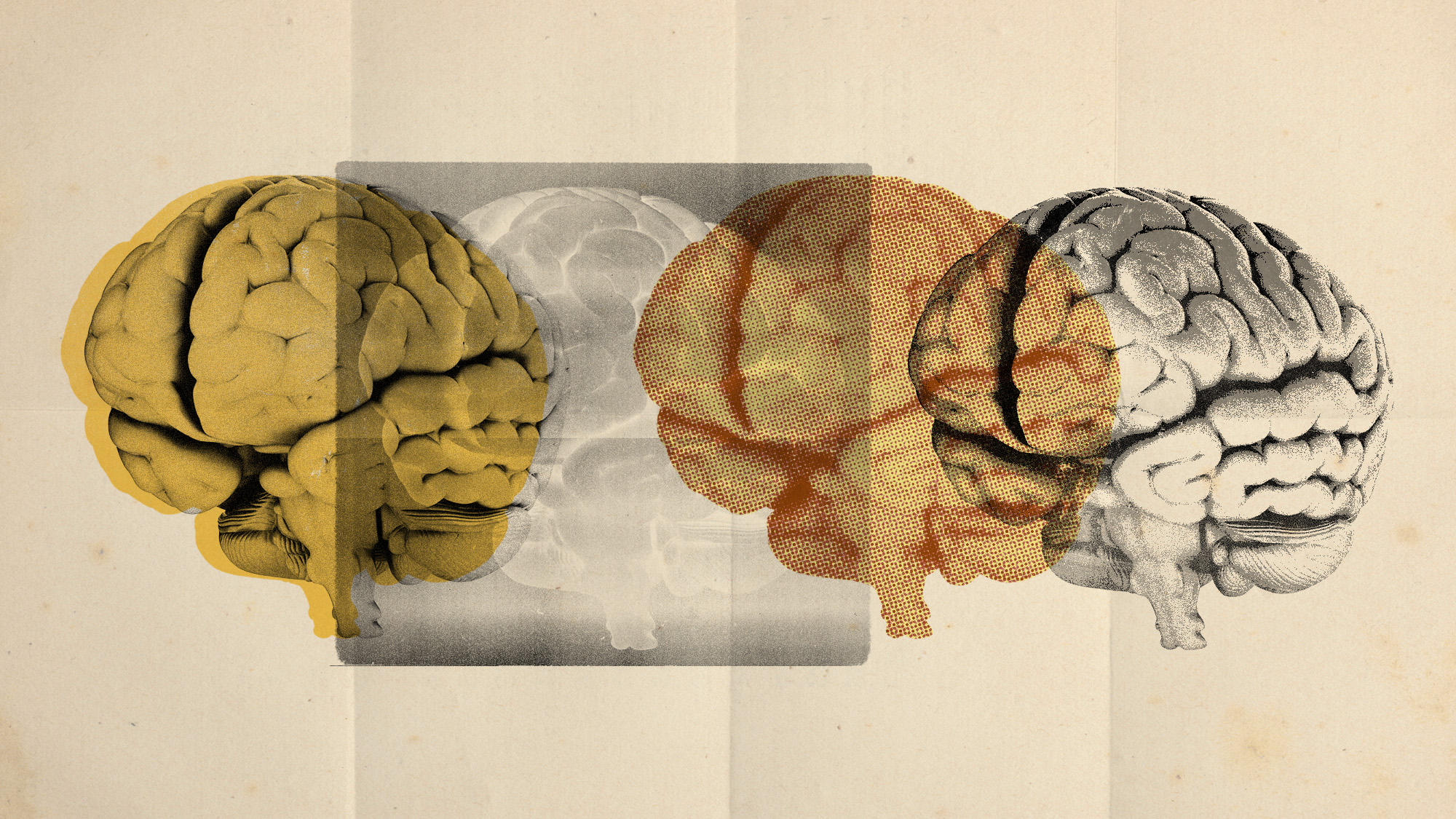 Scientists have identified 4 distinct autism subtypes
Scientists have identified 4 distinct autism subtypesUnder the radar They could lead to more accurate diagnosis and care
-
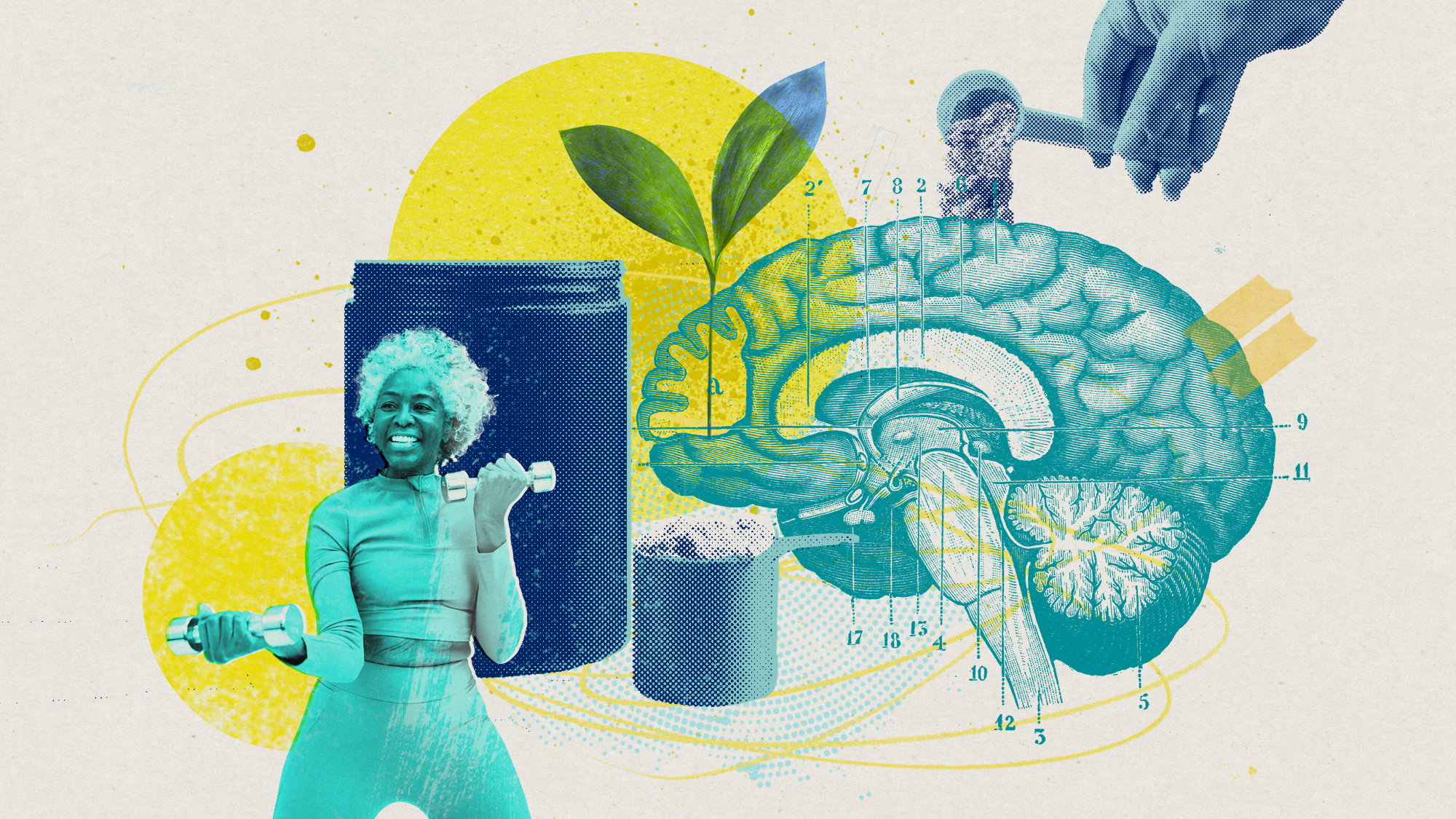 'Wonder drug': the potential health benefits of creatine
'Wonder drug': the potential health benefits of creatineThe Explainer Popular fitness supplement shows promise in easing symptoms of everything from depression to menopause and could even help prevent Alzheimer's
-
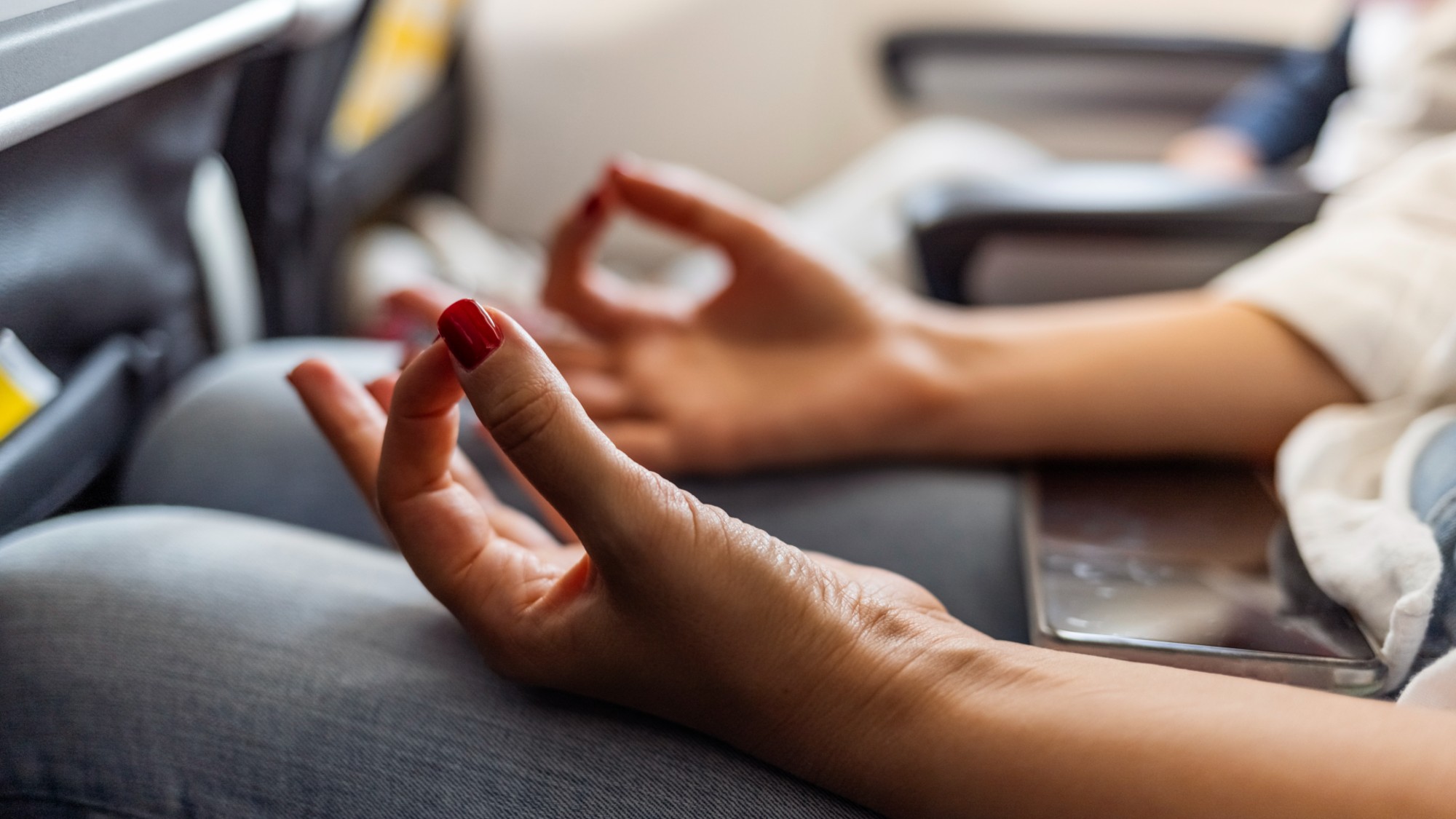 Fly like a breeze with these 5 tips to help cope with air travel anxiety
Fly like a breeze with these 5 tips to help cope with air travel anxietyThe Week Recommends You can soothe your nervousness about flying before boarding the plane
